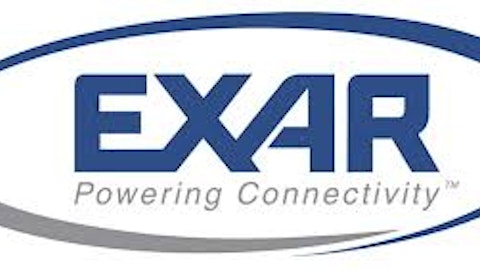Corporate insiders can legally buy and sell their own company’s shares given that they do not trade using non-public material information (such as knowledge of a forthcoming merger announcement), but they are still restricted to engage in transactions during certain periods and under certain conditions. Well-known researcher in the field of insider trading Nejat Seyhun, a professor at the University of Michigan, found evidence that insiders’ transactions tend to beat the market over a 12-month period. Specifically, he found that executives’ stock purchases beat the broader market by 8.9% over the following 12 months, while their sales outperformed benchmarks by 5.4%. Although individual investors tend to pay more attention to insider buying, it still pays off to examine insider selling as well. Truth be told, if I were investing my capital into a company’s stock, I would definitely be troubled by heavy insider selling. For that reason, this article will discuss the insider sales reported by three companies’ insiders this week.
Prior to discussing the insider trading activity, let’s make you familiar with what Insider Monkey does. At Insider Monkey, we track hedge funds’ moves in order to identify actionable patterns and profit from them. But why do we track hedge fund activity? From one point of view we can argue that hedge funds are consistently underperforming when it comes to net returns over the last three years, when compared to the S&P 500. But that doesn’t mean that we should completely neglect their activity. There are various reasons behind the low hedge fund returns. Our research indicated that hedge funds’ long positions actually beat the market. In our back-tests covering the 1999-2012 period, hedge funds’ top small-cap stocks beat the S&P 500 index by double digits annually (read the details here).
Photronics Inc. (NASDAQ:PLAB) is first up, with one of its Directors selling shares this week. Mitchell G. Tyson reported selling 1,200 shares on Tuesday at a price of $11.64 per share, cutting his overall holding to 73,379 shares. The Director sold an additional 14,600 shares last week, all of which represented freshly-exercised stock options. The shares of the manufacturer of photomasks (a key component in the manufacturing of semiconductors and flat panel displays) have advanced by 42% over the past year, so it is not overly surprising that the Director did not hold onto the freshly-exercised stock options and sold additional shares. Photronics Inc. (NASDAQ:PLAB) mainly sells its products to the world’s leading semiconductor and FPD manufacturers, which include Micron Technology, Inc. (NASDAQ:MU), LG Electronics, and Samsung Electronics. The company’s net sales for 2015 reached $524.21 million, compared to $455.53 million in 2014 and $422.18 million in 2013. At the same time, Photronics’ operating income for 2015 totaled $72.23 million, up from $28.80 million reported for the prior year. The company has managed to generate significant growth in recent years despite operating in an extremely competitive industry, where customers use multiple photomask suppliers. Nonetheless, investors should not be scared away by the recent insider selling registered at the company, as the stock trades at a forward price-to-earnings ratio of only 12.03 (the forward P/E for the S&P 500 Index totals 15.65). The smart money sentiment towards the stock was positive in the third quarter, as the number of hedge funds with stakes in the company climbed to 20 from 14 quarter-over-quarter. Israel Englander’s Millennium Management lifted its stake in Photronics Inc. (NASDAQ:PLAB) by 70% during the July-to-September period to 525,835 shares.
Follow Photronics Inc (NASDAQ:PLAB)
Follow Photronics Inc (NASDAQ:PLAB)
Receive real-time insider trading and news alerts
The next two pages of this daily insider trading article reveals the insider sales registered at RPM International Inc. (NYSE:RPM) and MSC Industrial Direct Co Inc. (NYSE:MSM).





